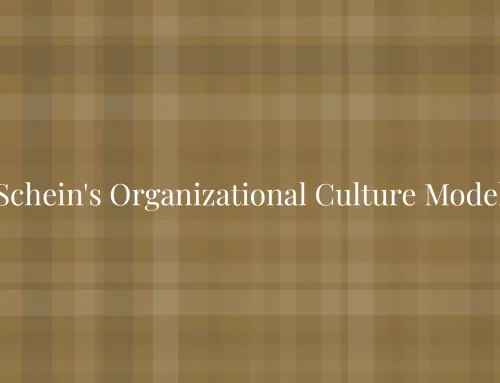Occam’s Razor, a principle attributed to the medieval philosopher William of Ockham, has served as a fundamental tool for problem-solving and decision-making for centuries. The principle, often summarized as the simplest explanation is usually the correct one, guides us to seek the most straightforward and concise solutions to complex problems.
Origins
Occam’s Razor takes its name from William of Ockham, a 14th century philosopher and theologian. Ockham, a Franciscan friar, emphasized the importance of simplicity and parsimony in philosophical and theological debates. Ockham, known for his logical rigor and emphasis on simplicity, argued that unnecessary assumptions should be avoided in explanations. He stated, Entities should not be multiplied without necessity, implying that when multiple explanations are available, the one with the fewest assumptions or complexities is more likely to be true.
Although Ockham himself did not explicitly state the razor principle, his philosophical approach influenced later scholars who developed and popularized the idea.
Understanding Occam’s Razor
Occam’s Razor is based on the principle of parsimony, which suggests that unnecessary assumptions or entities should not be introduced when simpler explanations are available. The essence of the principle lies in favoring explanations that require the fewest assumptions, entities, or complexities. By stripping away unnecessary complexities, Occam’s Razor helps us arrive at the most elegant and likely solutions.
Applications
Science And Research
Occam’s Razor finds wide application in scientific inquiry and research. Scientists often strive to develop theories that explain phenomena with the fewest assumptions. The principle serves as a guiding principle when evaluating competing hypotheses. It encourages scientists to prefer theories that are simple, coherent, and consistent with existing knowledge. Simplicity in scientific explanations enhances their explanatory power and makes them more testable.
When scientists develop theories or models to explain observations, they strive for simplicity and elegance. The preference for simplicity stems from the understanding that simpler theories are more likely to be correct and easier to test. Complex theories, on the other hand, can introduce unnecessary variables or assumptions that make them harder to validate.
For example, in physics, scientists often seek to formulate theories that unify various phenomena under a single framework. Einstein’s theory of general relativity is an elegant example of Occam’s Razor in action. By introducing the concept of curved spacetime, it explains gravity as a consequence of the curvature caused by massive objects, simplifying the understanding of gravity compared to the more complex Newtonian theory.
Philosophy:
Occam’s Razor is also relevant in philosophical debates. When considering competing theories or arguments, philosophers often favor those that rely on fewer assumptions or premises. This helps avoid unnecessary complexities and increases the clarity and logical coherence of the reasoning.
Ethical considerations can also be influenced by Occam’s Razor. In ethical dilemmas, the principle suggests that simpler moral principles should be favored over complex ones. For instance, the utilitarian principle of maximizing overall happiness can be seen as a simpler ethical guideline compared to complex deontological frameworks that prescribe strict rules for every situation.
Medicine And Healthcare
Occam’s Razor also holds significance in medical diagnostics and decision-making. Physicians often rely on the principle to narrow down possible diagnoses by prioritizing explanations with the fewest assumptions and best fit the observed symptoms. It helps streamline the diagnostic process, enabling doctors to focus on the most likely causes while considering all relevant factors.
Problem-Solving And Decision-Making
Beyond scientific and medical realms, Occam’s Razor is a valuable tool in problem-solving and decision-making across various domains. It encourages critical thinking, ensuring that unnecessary complexities are not introduced when simpler solutions are available.
By applying Occam’s Razor, decision-makers can avoid over-complicating problems and focus on the core issues at hand. When faced with complex problems or decision-making, the principle advises seeking simpler explanations or solutions that require fewer assumptions.
By applying Occam’s Razor in problem-solving, individuals can avoid over-complicating the situation and focus on the core issues. This can lead to more efficient and effective problem resolution. Simplifying a problem often helps identify the essential factors and enables clearer thinking and decision-making.
Shortcomings
While Occam’s Razor is a valuable heuristic, it is not without its limitations and potential pitfalls. Critics argue that simplicity is not always a reliable criterion for truth. In some cases, complex explanations may be necessary to account for intricate phenomena or to accommodate additional evidence.
In certain complex scenarios, simplicity alone may not capture the full complexity of the problem. Some problems require more nuanced explanations that consider multiple factors and interactions. Additionally, the principle may be misapplied when simplicity is prioritized at the expense of ignoring important variables or evidence.
Moreover, the interpretation of what constitutes simplicity can be subjective. Different individuals may perceive simplicity differently, leading to varying conclusions about which explanation or hypothesis is the simplest. The context and available evidence also play a significant role in determining the appropriate level of simplicity.




